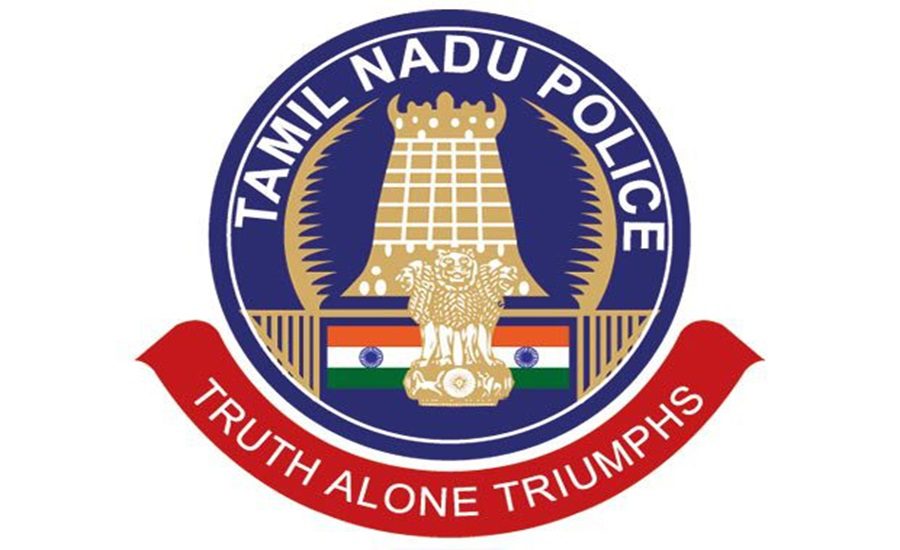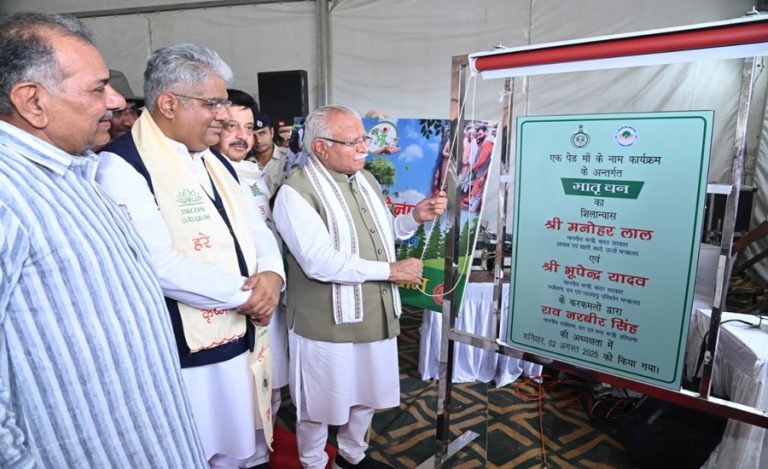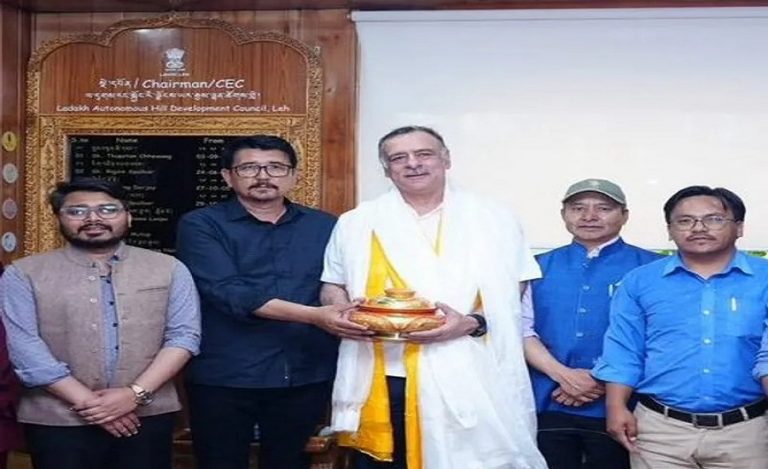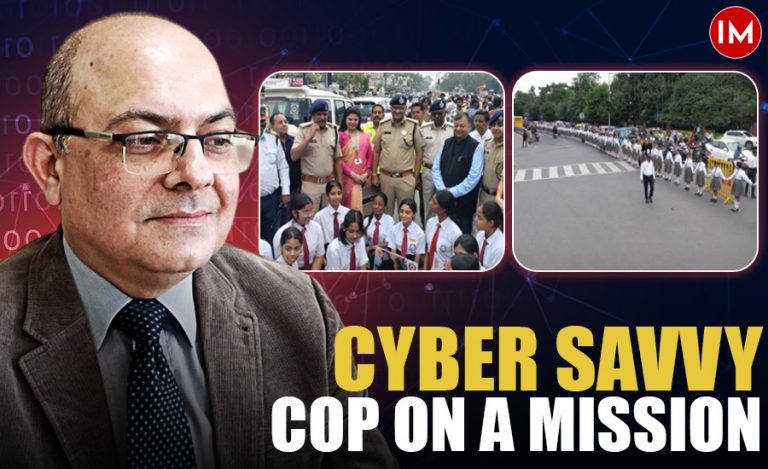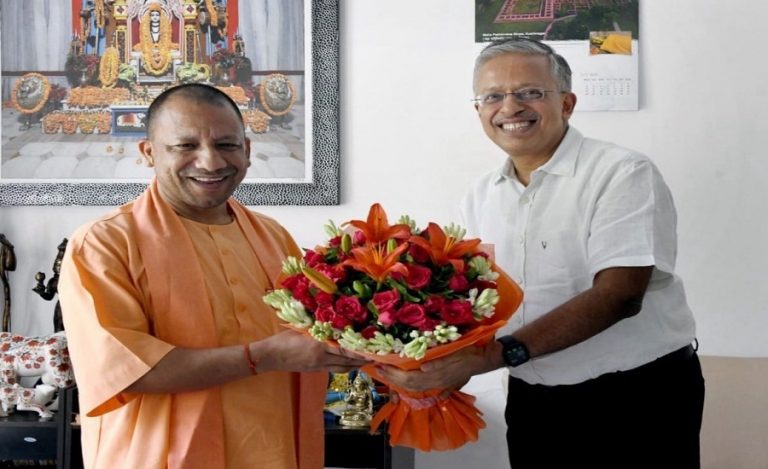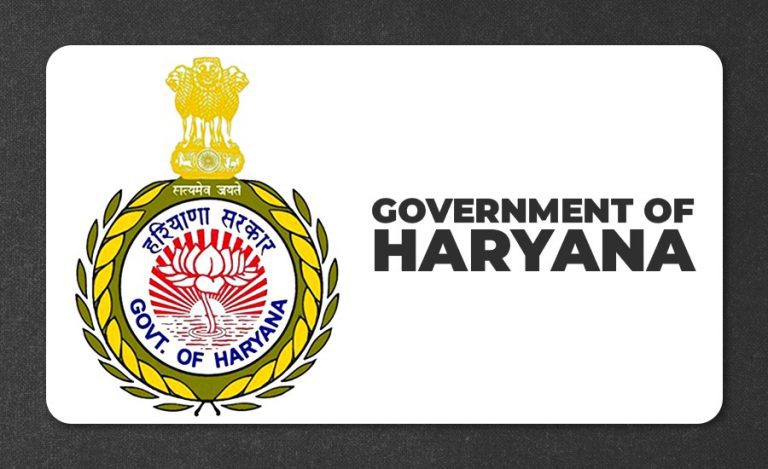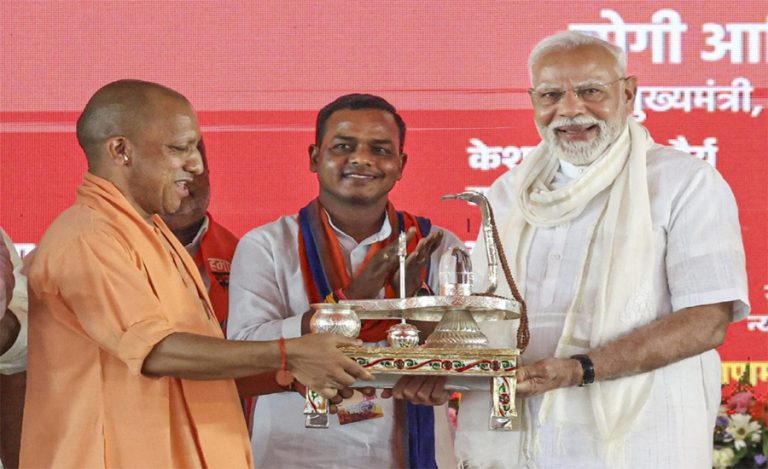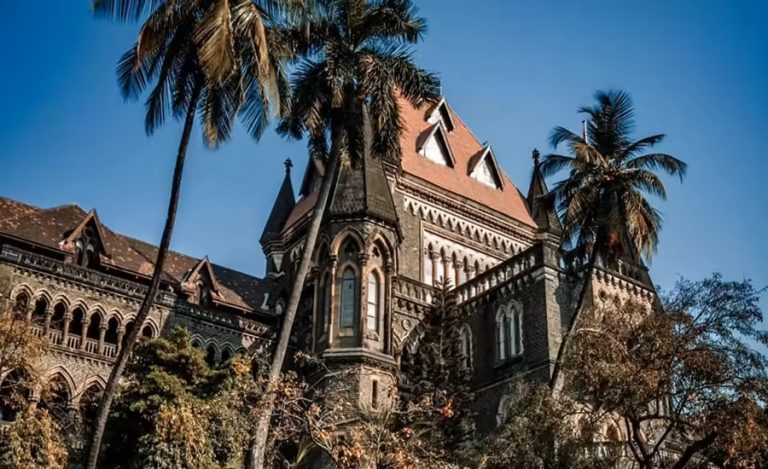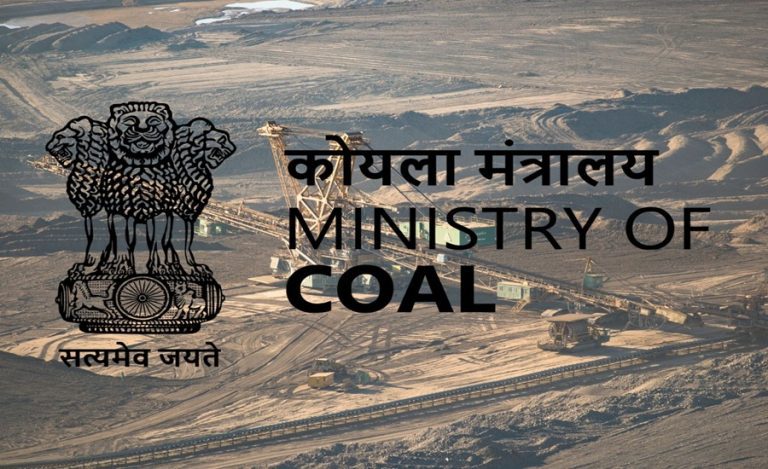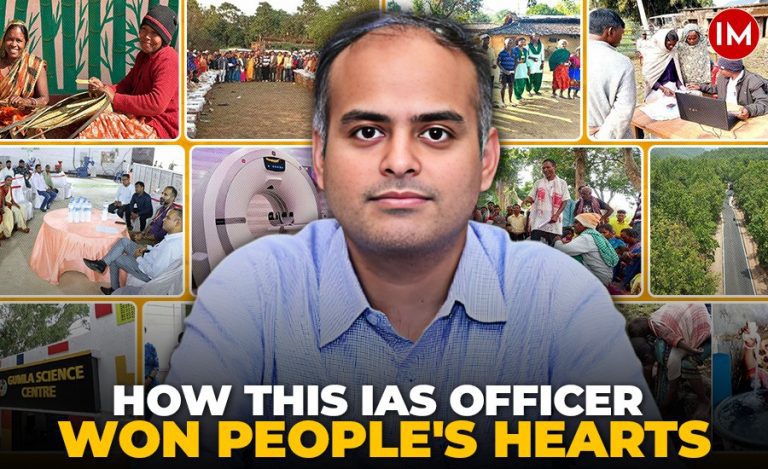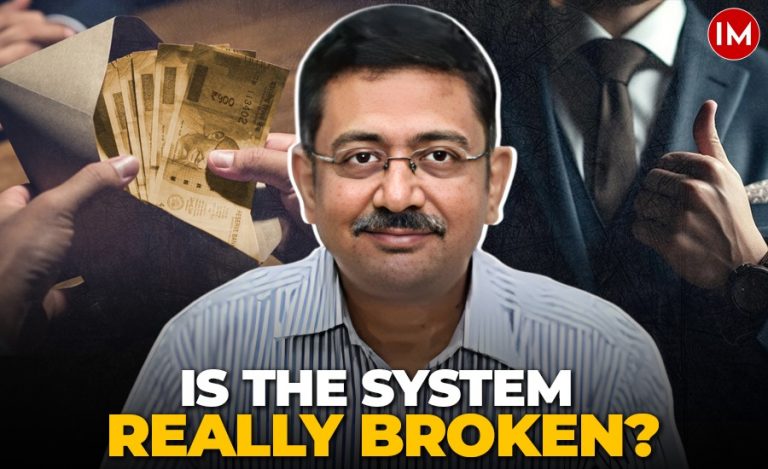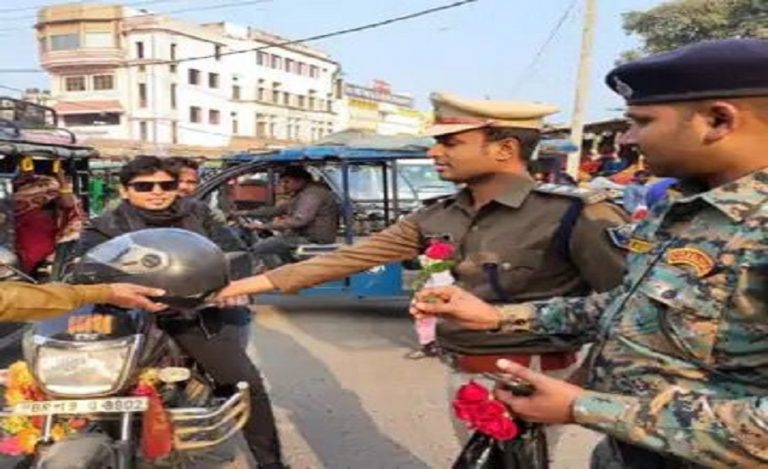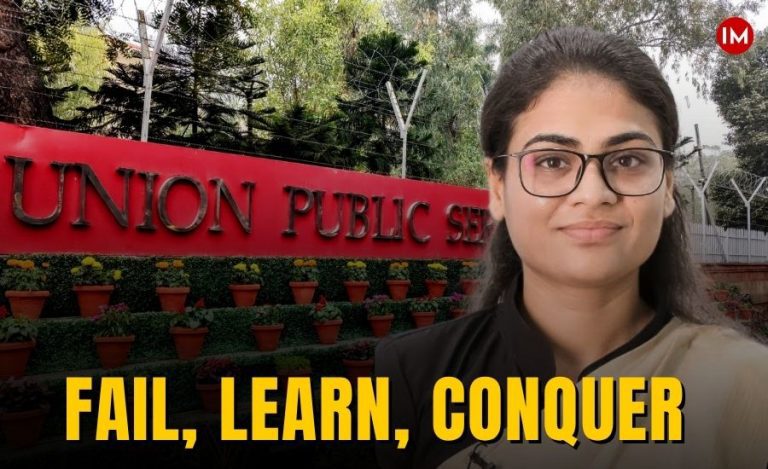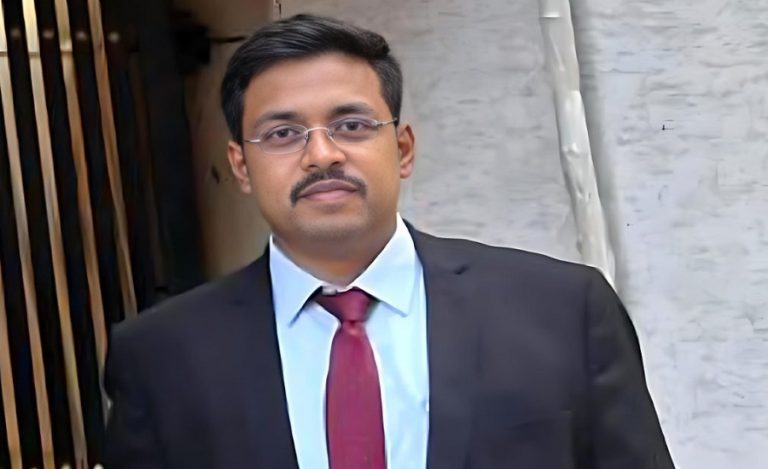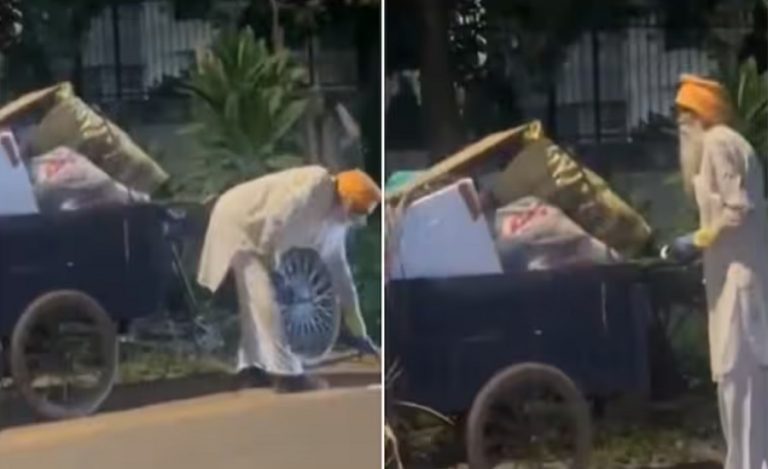Chennai: An advocate has approached the Madras High Court with a public interest litigation (PIL) seeking urgent directions to the Central and State Governments to initiate the mandatory process for appointing a new Director General of Police (DGP) in Tamil Nadu, ahead of the impending retirement of incumbent DGP Shankar Jiwal on August 31.
The petitioner, K Yasar Arafath, a practicing advocate from Ramanathapuram, argued that the state government has not taken visible steps to begin the empanelment process of eligible Indian Police Service (IPS) officers. This process is required by the Supreme Court’s 2006 judgment in the Prakash Singh vs. Union of India case, which laid down binding guidelines for the appointment of police chiefs.
In his plea, Arafath expressed concern over unconfirmed reports suggesting the possibility of granting an extension to the current DGP or appointing an acting DGP, instead of following the proper selection mechanism involving the Union Public Service Commission (UPSC). He claimed such actions would constitute contempt of the Supreme Court’s orders, which mandate a merit-based and transparent selection process.
Violation of SC Orders Could Undermine Rule of Law, Says Petitioner
The petitioner cited past observations by the Supreme Court, where it had expressed serious concern over state governments bypassing the mandated procedure and continuing the practice of appointing in-charge or acting DGPs, which undermines the autonomy, professionalism, and institutional integrity of the police force.
Arafath argued that failure to appoint a regular DGP could have adverse implications on the law and order situation in Tamil Nadu, especially at a time when the state is grappling with caste-based violence, murders, and political unrest. He contended that any delay or deviation in the appointment would destabilize the police hierarchy and impair the effective functioning of the law enforcement machinery.
The PIL also sought the court’s direction to restrain the Home Secretary from taking any unilateral step such as appointing an acting DGP or extending the tenure of the current DGP without consulting the UPSC and following due process.
The High Court is expected to hear the matter in the coming days.

